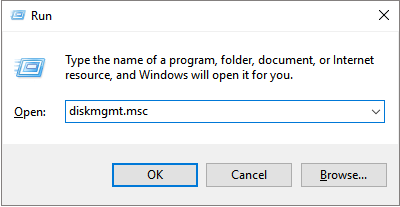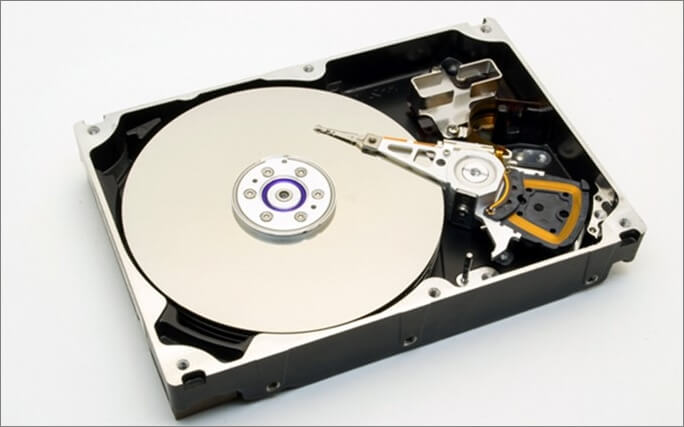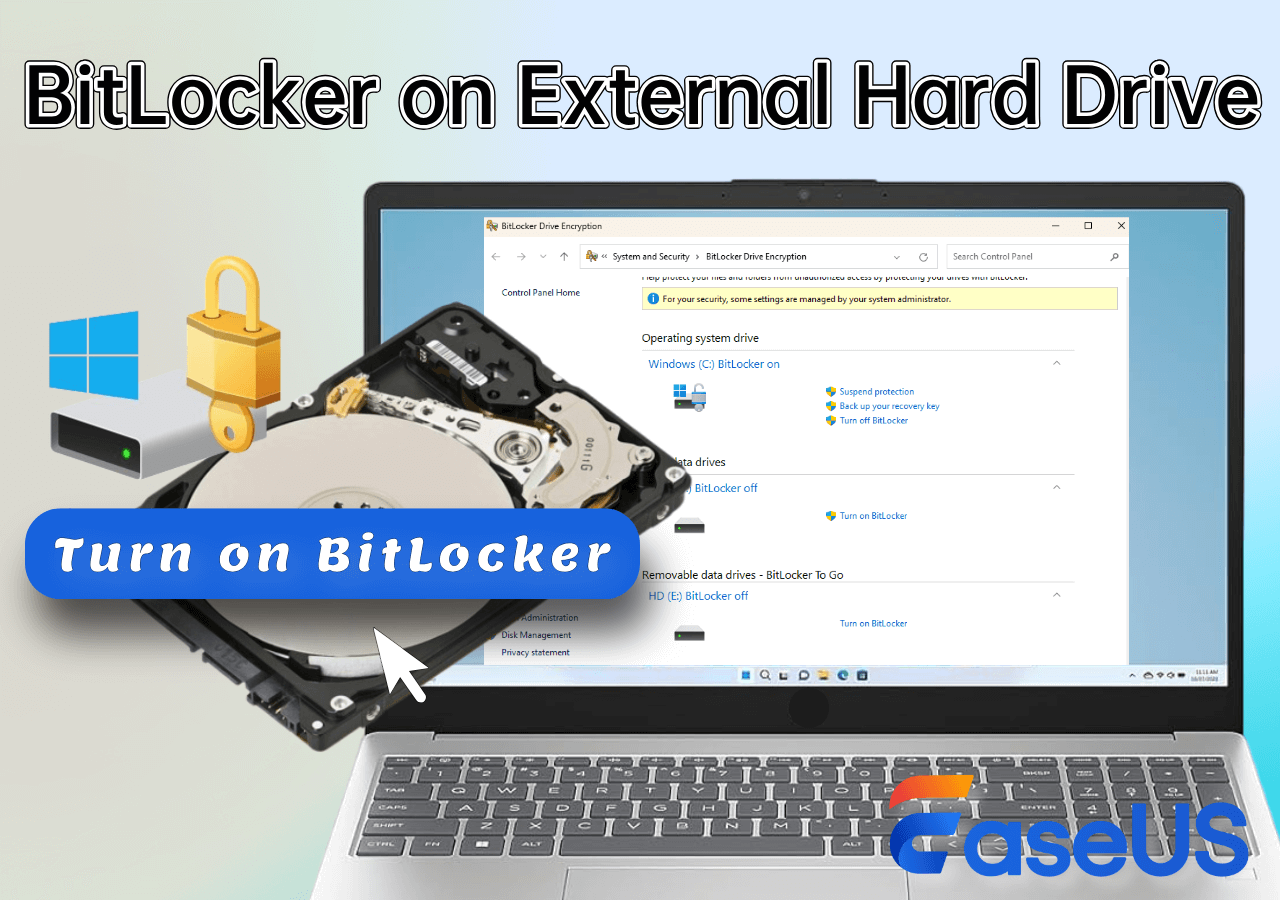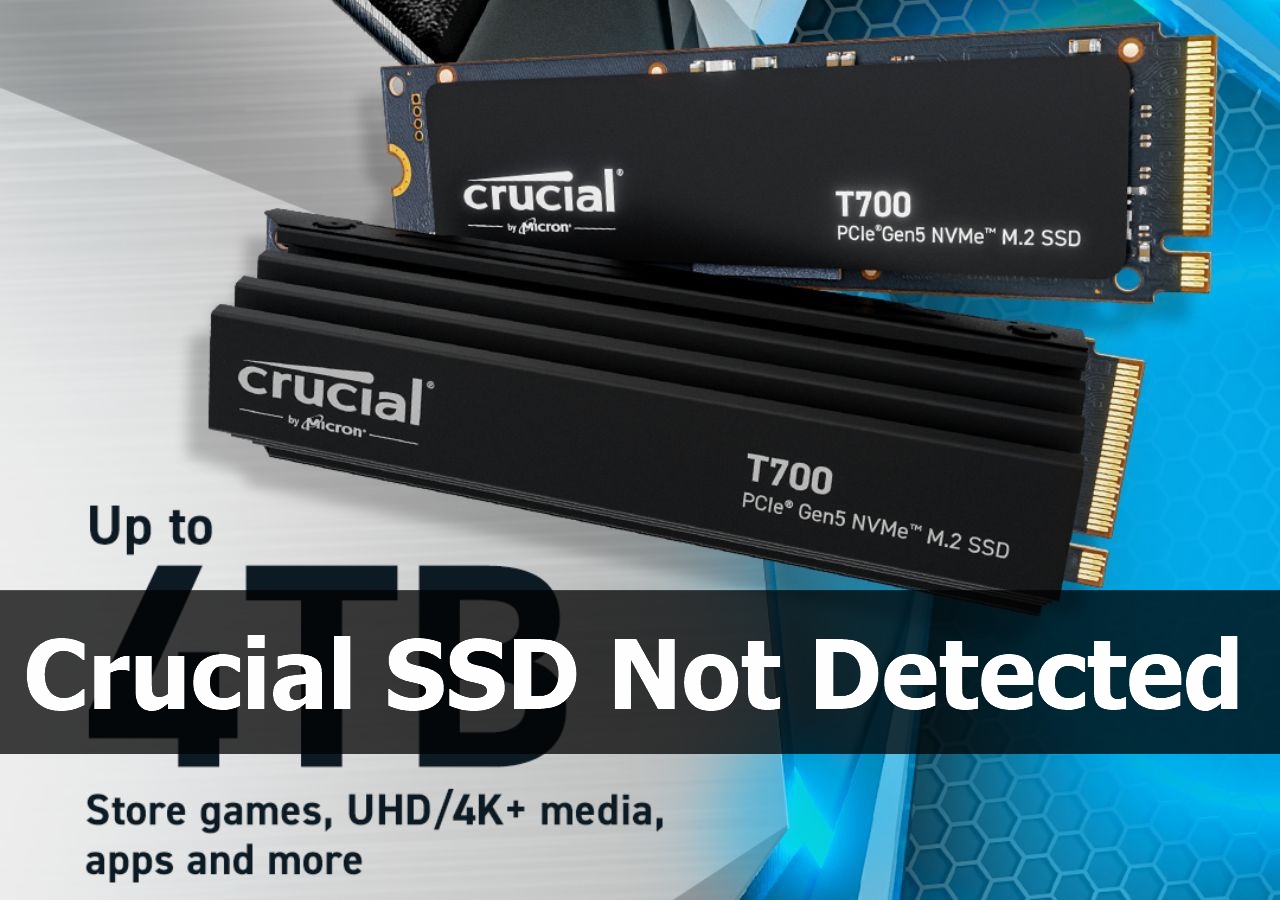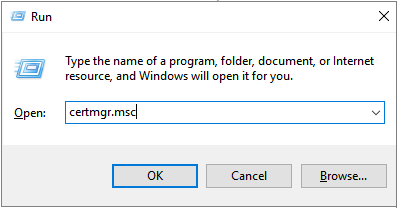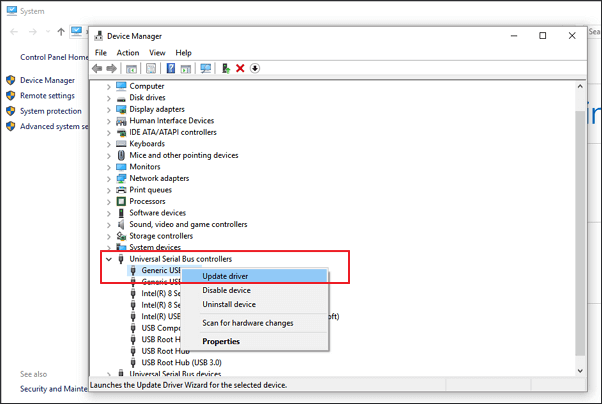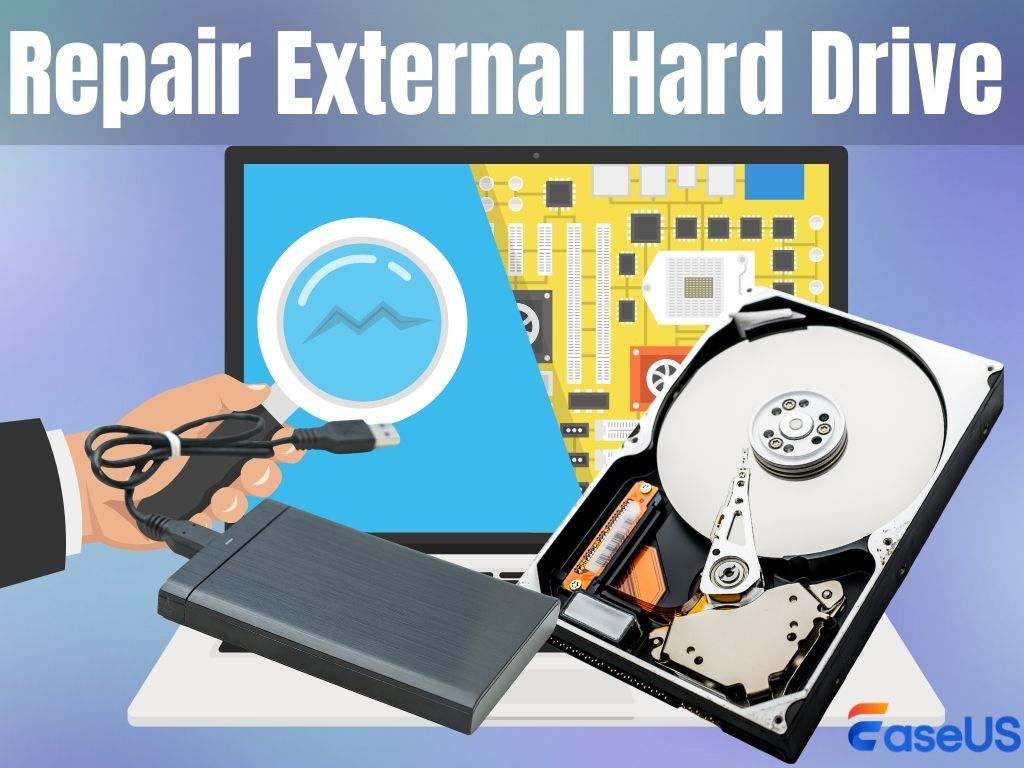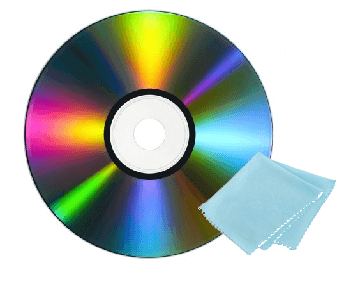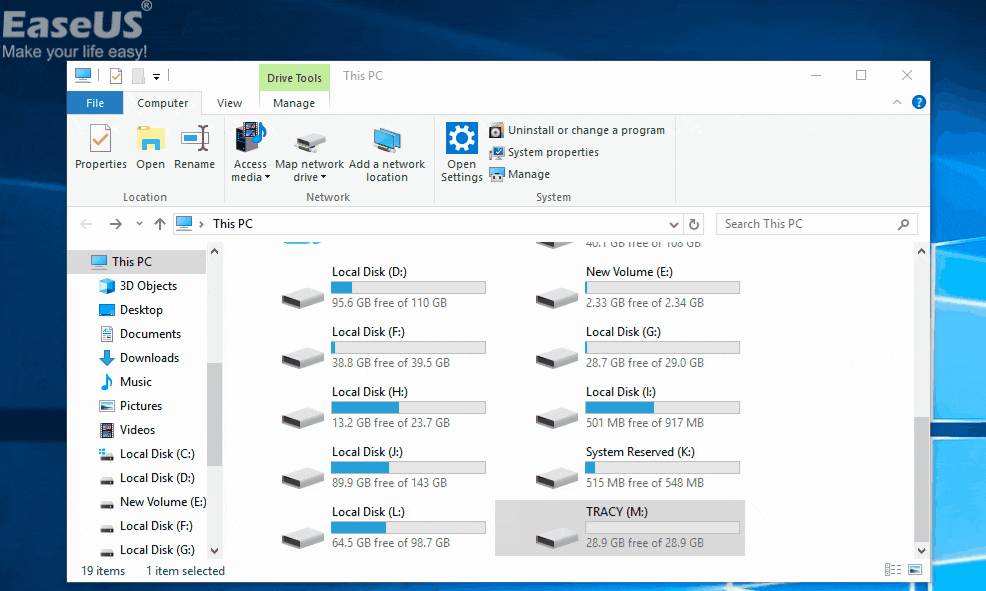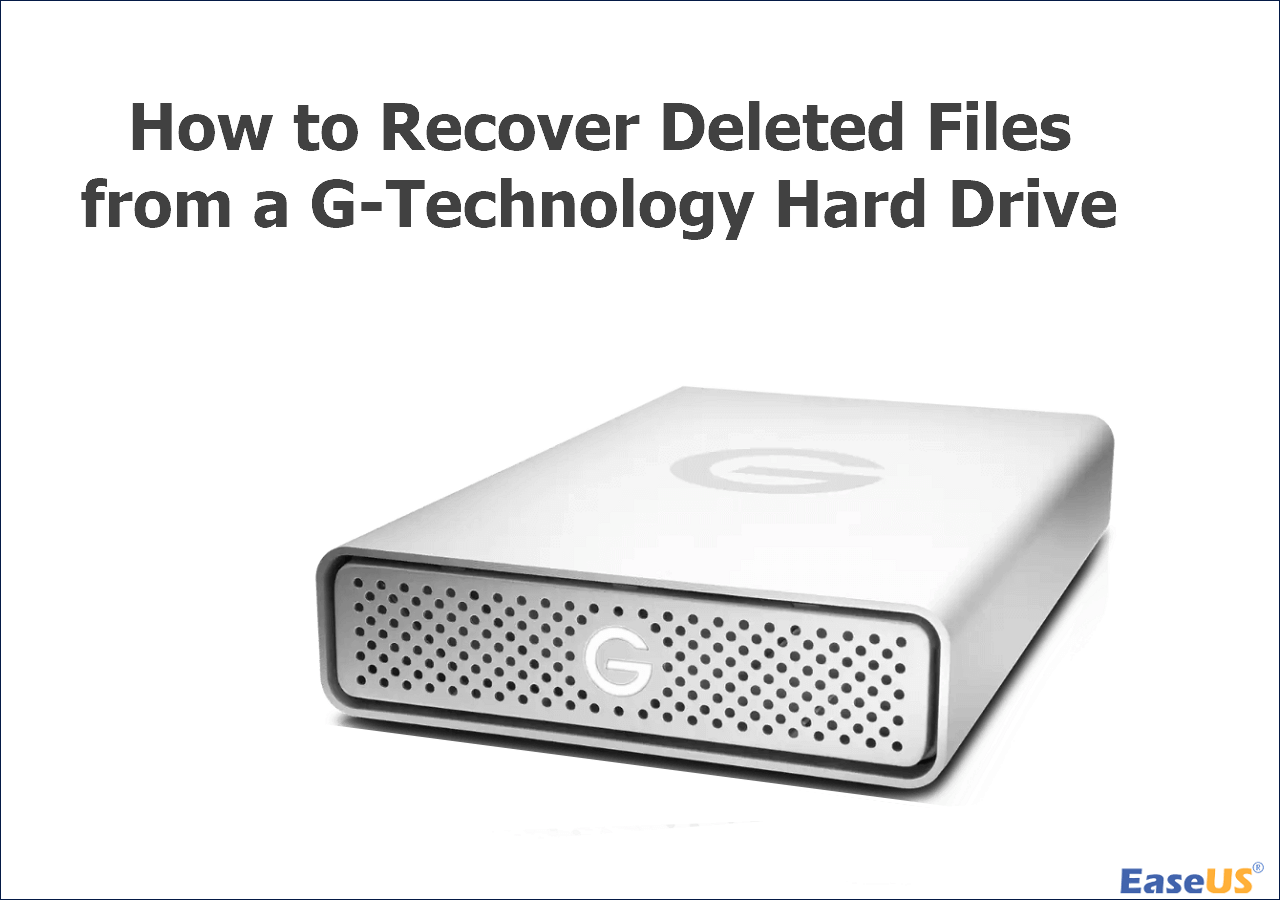-
![]()
-
![]() How Long Do Hard Drives or External Hard Drives Last (If Unused)
How Long Do Hard Drives or External Hard Drives Last (If Unused) February 12,2026
February 12,2026 6 min read
6 min read -
![]() BitLocker on External Hard Drive: Encrypt & Decrypt Without Recovery Key
BitLocker on External Hard Drive: Encrypt & Decrypt Without Recovery Key January 29,2026
January 29,2026 6 min read
6 min read -
![]() How to Fix Crucial SSD Not Detected on Windows PC [No Data Loss]
How to Fix Crucial SSD Not Detected on Windows PC [No Data Loss] January 29,2026
January 29,2026 6 min read
6 min read -
![]() How to Recover Data from Encrypted (EFS) Hard Drive Partition in Windows | 2026
How to Recover Data from Encrypted (EFS) Hard Drive Partition in Windows | 2026 January 29,2026
January 29,2026 6 min read
6 min read -
![]() Fix Hard Drive Not Showing Full Capacity on Windows & Mac
Fix Hard Drive Not Showing Full Capacity on Windows & Mac January 29,2026
January 29,2026 6 min read
6 min read -
![]()
-
![]() How to Recover Data from Corrupted or Scratched CD/DVD
How to Recover Data from Corrupted or Scratched CD/DVD January 29,2026
January 29,2026 6 min read
6 min read -
![]()
-
![]() How to Recover Deleted Files from a G-Technology Hard Drive
How to Recover Deleted Files from a G-Technology Hard Drive January 29,2026
January 29,2026 6 min read
6 min read
Page Table of Contents
The Samsung T7, a robust, slender & portable SSD, is one of the most fantastic preferences for users looking for fast & trustworthy storage options. Nevertheless, dealing with the "Samsung T7 SSD not showing up" issue on Windows 10/11 is daunting.
I have a Samsung Portable SSD T7. I tried to insert it into my laptop but it does not show up in "This PC" Devices and drives. I then go to Disk Management and found that the SSD is detected but cannot change drive letters and path. I have tried to update the drivers and also tried a few different methods but none of them works. from Microsoft Community
Are you wondering what are the possible causes of this error? The reasons are the following:
- 🚫Malfunctioned USB cable: The USB cable linking the T7 to your PC might be erroneous. You may replace it with a familiar working cable to eliminate cable-oriented troubles.
- ⚡Power management settings: Windows 10 might be configured to switch off USB devices to save power. Regulating power management settings may potentially fix the not-detecting issue.
- ❌USB port issues: One of the most straightforward solutions is the most effective. You can start by verifying the USB port and ensuring it's functioning smoothly. Lastly, you can try connecting the Samsung T7 to another USB port.
Have you recently bought a Samsung T7 SSD connected to your Windows PC and noticed the unrecognized issue? If you're facing this issue creating annoyance and frustration, you're not alone! Today's article will discuss the top 8 methods to solve this problem. So, let's dive into it!
| Workable Solutions | Step-by-step Troubleshooting |
|---|---|
| Rescue Data from Not Showing Samsung T7 SSD | Dealing with the Samsung T7 SSD not detected error is an annoying experience, mainly if you have vital data preserved...Full steps |
| Fix 1. Resolve Samsung T7 SSD Not Showing Up with Data Recovery Services | If your Samsung T7 SSD isn't showing up or has been deleted, you might need professional guidance. That's why EaseUS...Full steps |
| Fix 2. Reconnect or Check Connections of Not Showing Samsung T7 SSD | When the SSD isn't appropriately connected, the system might fail to locate the Samsung T7 SSD. Therefore, you...Full steps |
| Fix 3. Update Samsung T7 SSD Firmware to Make It Readable | Launch the "Magician" software and opt for "Update" on the lower-left edge of the interface. In case any update is...Full steps |
| Fix 4. Solve Samsung T7 SSD Not Detected by Updating Driver | Right-click the "Windows logo" button on the taskbar and opt for "Device Manager." Broaden the "Disk Drives...Full steps |
Rescue Data from Not Showing Samsung T7 SSD
Dealing with the Samsung T7 SSD not detected error is an annoying experience, mainly if you have vital data preserved on it. In order to help you retrieve valuable files without any loss, you may consider installing EaseUS Data Recovery Wizard. It's a reliable and powerful SSD data retrieval software that is handy when your PC doesn't identify your Samsung T7 SSD or it's been damaged or accidentally formatted.
With its streamlined scanning algorithms, this software can effectively recover data from SSDs, including images, audio files, videos, documents, and more, from your Samsung T7 SSD. This tool also supports various file systems and provides a user-friendly interface; it can also help you recover data from other storage devices or rescue data when you encounter other disk errors like Samsung 980 Pro SSD not detected.
Check the following guide to rescue data from the Samsung T7 SSD:
Step 1. Scan the SSD
Open EaseUS Data Recovery Wizard, select the SSD where you lost data, and click the "Search for Lost Data" button.
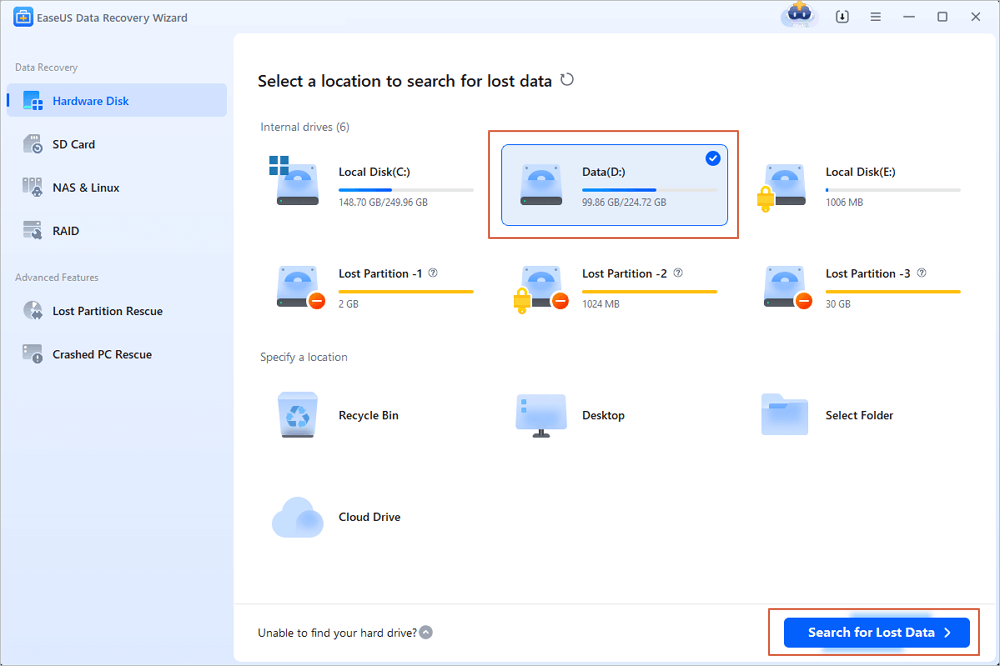
Step 2. View the results
When the scanning finishes, find lost SSD data by using the "Filter" and "Search" options after checking the "Deleted Files" and "Other Lost Files" folders.
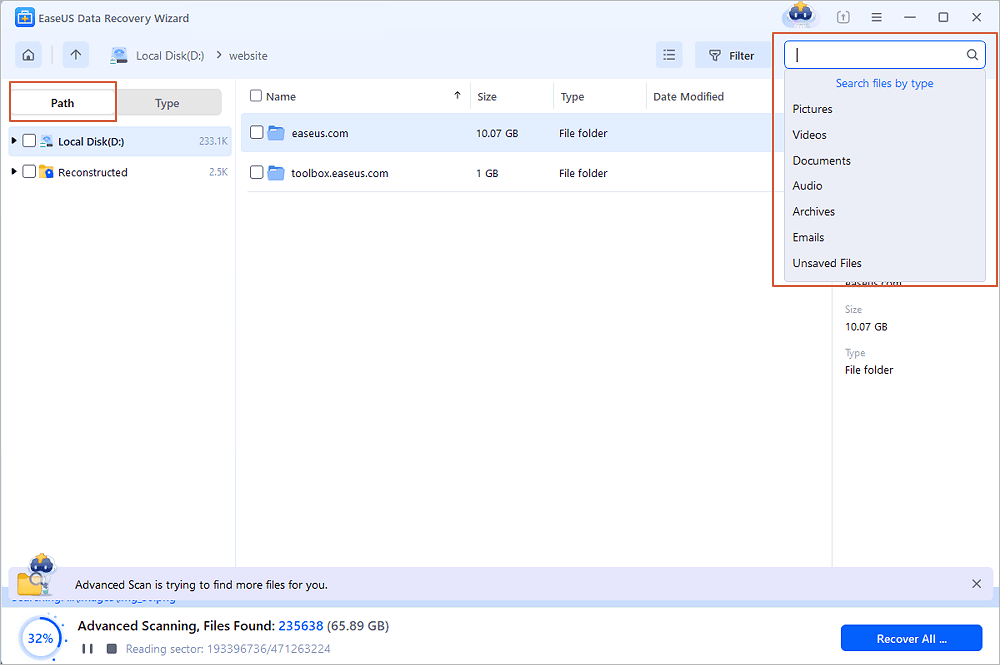
Step 3. Recover SSD files
Select desired data and click the "Recover" button to get back lost SSD files.
💡Tip: You can restore data on the local disks, external hard drives, and also the cloud storage.
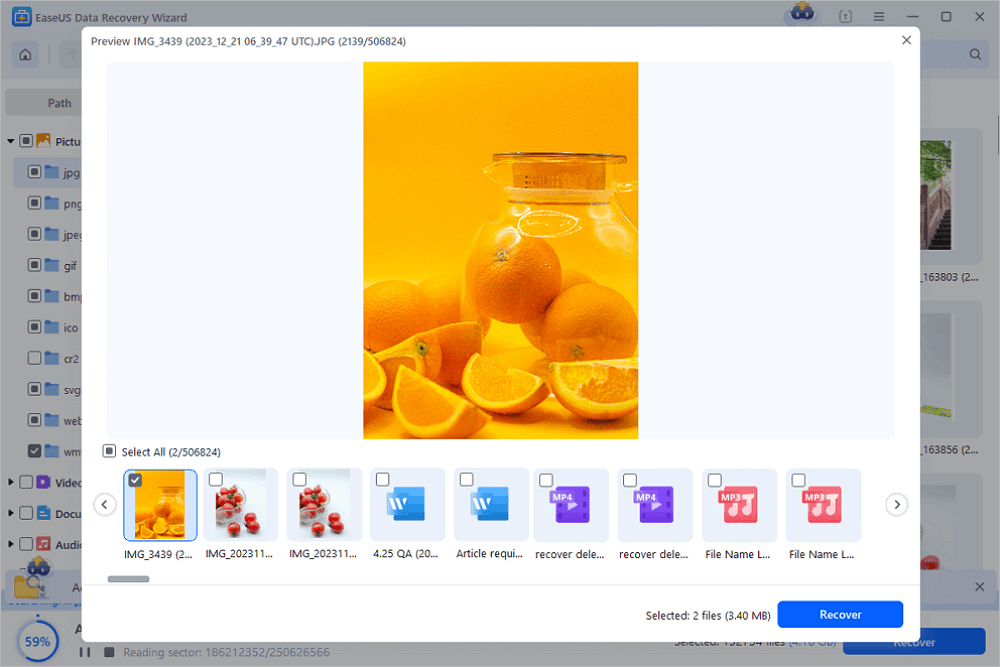
Download this professional data recovery software now. If you like the information above, kindly share it with your friends on social media.
Fix 1. Resolve Samsung T7 SSD Not Showing Up with Data Recovery Services
If your Samsung T7 SSD isn't showing up or has been deleted, you might need professional guidance. That's why EaseUS provides professional data retrieval services with a maximum success rate. EaseUS data recovery services are amazing for complex retrieval scenarios, such as reformatting Samsung T7 SSD, system boot errors, partition loss, and virtual disk corruption.
The reliable and experienced engineers of EaseUS provide one-on-one service to retrieve your data safely from Samsung T7 SSD. Moreover, the retrieval services are remotely accessible, too, letting you restore data online from the solace of your office or home.
We could offer the following services after a FREE diagnosis. Contact EaseUS data recovery professionals for one-on-one restoration service, and avail of these services below:
- Provide Samsung T7 SSD data retrieval services 24 hours a day.
- Mend corrupted RAID structure, damaged virtual disk files, and unbootable Windows OS.
- Resolve Samsung disks that become GPT-protected partitions.
- Recover deleted files from SSDs, including Samsung, SanDisk, Western Digital, etc.
Fix 2. Reconnect or Check Connections of Not Showing Samsung T7 SSD
When the SSD isn't appropriately connected, the system might fail to locate the Samsung T7 SSD. Therefore, you can first ensure the USB cable is not corrupted and try linking it to another USB port. If the USB port and the cable are both working, try to change a computer to connect.
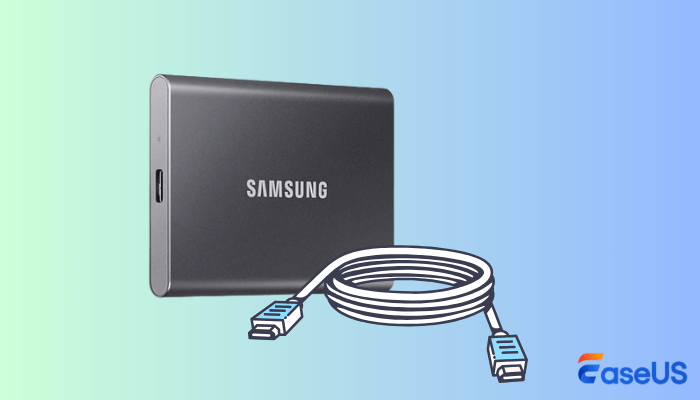
Fix 3. Update Samsung T7 SSD Firmware to Make It Readable
Samsung updates the firmware periodically to maximize SSD performance, compatibility, and user experience. Therefore, it's recommended that you upgrade your firmware to a fresh version. Go through the steps below to update the Samsung T7 SSD firmware:
Step 1. Launch the "Magician" software and opt for "Update" on the lower-left edge of the interface. In case any update is present, a symbol marked "N" will pop up adjacent to "Update."
Step 2. In case new firmware is present for your Samsung SSD, a text demonstrating "New Version (version number)" will emerge adjacent to the "Update" button. Hit the "Update" button to proceed.
Step 3. Go through the on-screen prompts to finish the firmware update process.
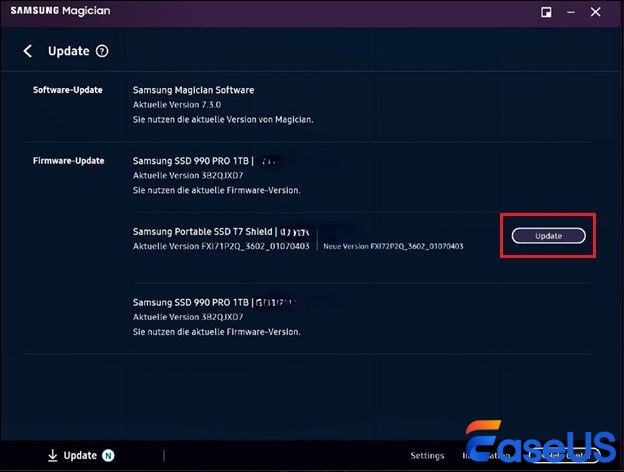
If you have solved the Samsung T7 SSD issues with the recommended methods, you can share them on social media now!
Fix 4. Solve Samsung T7 SSD Not Detected by Updating Driver
This SSD not showing up error is also linked to an older disk driver. Therefore, another way to resolve this issue is to update the driver in Device Manager. Go through the steps below to solve the "Samsung T7 SSD not detected" issue:
Step 1. Right-click the "Windows logo" button on the taskbar and opt for "Device Manager."
Step 2. Broaden the "Disk Drives" section > right-click on the target SSD disk associated with its disk name, and hit "Update driver."
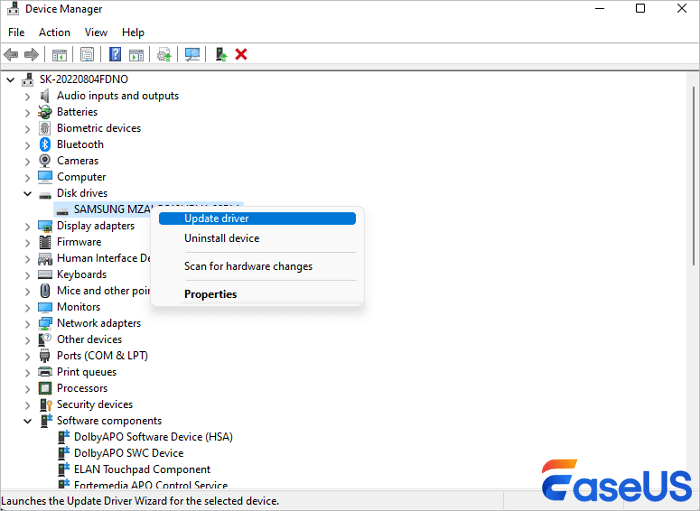
Step 3. Opt for "Search automatically for drivers" or "Browse my computer for drivers" in the pop-up window according to your situation.
Step 4. Go through the instructions on your PC to finish the vital actions, and verify if the Samsung SSD is recognized.
Fix 5. Change BIOS Settings to Fix the Samsung T7 SSD Not Showing
Is Samsung SSD not showing up in BIOS? IDE and AHCI are the two major operating modes in the PC's BIOS. Although IDE is compatible with AHCI, you may opt for the AHCI mode to get maximum read and write speeds and streamlined features, such as hot plugging. You may try to adjust AHCI to IDE in case the BIOS can't show your Samsung T7. The steps are the following:
Step 1. Enter BIOS.
Step 2. Utilize your keys to opt for "Peripherals"> "SATA Configuration." Once done, select the "IDE" mode for "SATA Mode Selection."
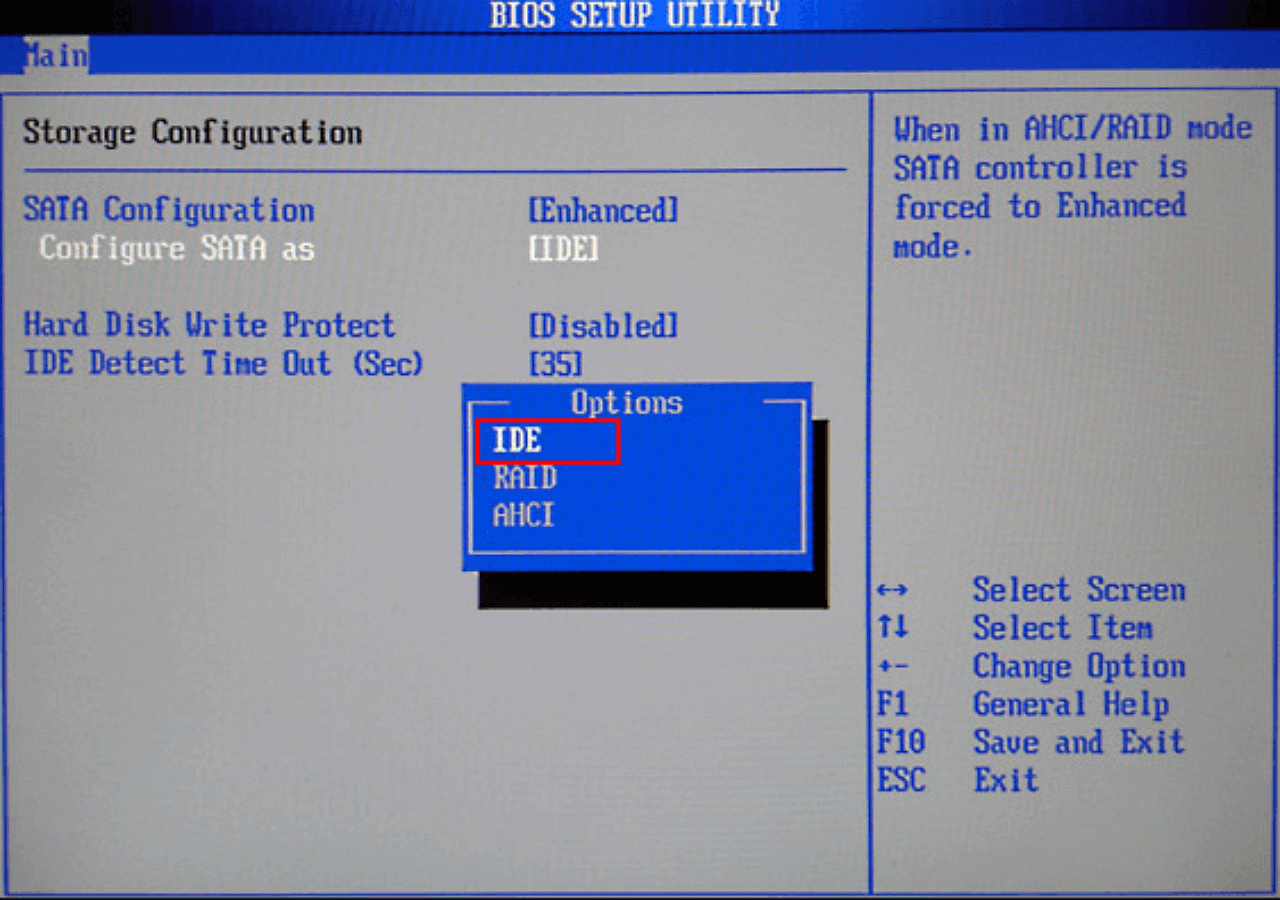
Step 3. Save the changes you made and exit BIOS. Now, verify if the Samsung T7 SSD is shown.
Fix 6. Assign a Drive Letter for the New Samsung T7 SSD
A disk without a drive letter will not be demonstrated in Windows Explorer. Therefore, you must verify if a drive letter is allocated to the Samsung T7 using Disk Management. If not, you may insert one by following the steps below:
Step 1. Right-click the disk missing a drive letter in Disk Management, then opt for the "change drive letter & paths" option.
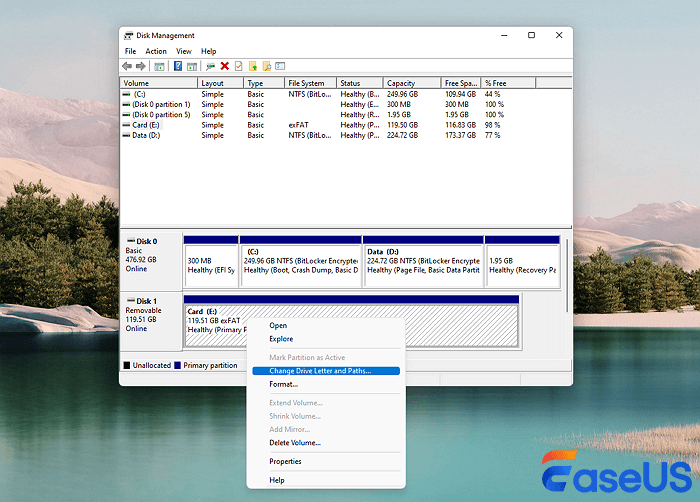
Step 2. Hit "Add" in the new window, and opt for a drive letter from the drop-down list.
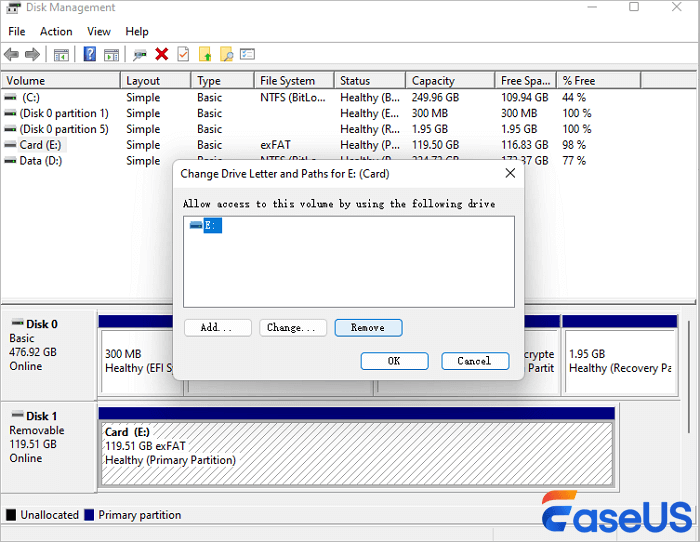
Step 3. Hit "OK," and the Samsung SSD will appear in Windows Explorer.
Fix 7. Initialize Not Recognized Samsung T7 SSD in Windows 11/10
A new Samsung T7 SSD might not appear in Windows Explorer as the disk has not been initialized. Likewise, an outdated SSD demonstrating "disk unknown not initialized" possesses a similar issue. You may try altering the PC linked to the SSD. Consider initializing the Samsung T7 SSD on Windows 11/10 if you encounter an error. Go through the steps below to initialize the not-detected Samsung T7 SSD:
Step 1. Hit "Windows + R" to launch the "Run" window, and type Diskmgmt.msc.
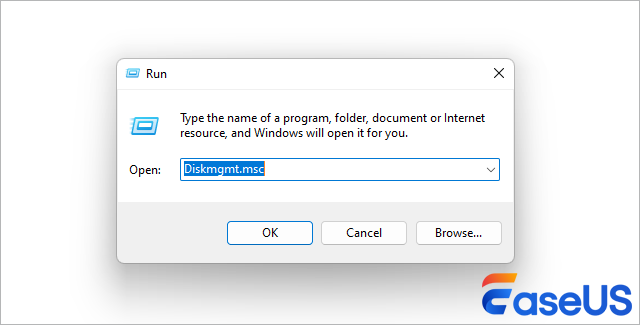
Step 2. Hit "Enter."
Step 3. Right-click the SSD in Disk Management and opt for "Initialize Disk."
Step 4. Opt for either "MBR" or "GPT" partition style.
Fix 8. Format Not Readable Samsung T7 SSD to Another File System
If the Samsung T7 SSD file system is incompatible with your PC, you may format it to a compatible one. All you need to be aware of is that the situation will rule out all data on the drive. By default, Samsung T7 SSDs are pre-formatted utilizing the exFAT file system, which Windows detects for reading and writing data. The steps are shown below:
Step 1. You need to right-click on "This PC" and opt for "Manage."
Step 2. Hit "Disk Management" under "Storage."
Step 3. Spot your Samsung T7 SSD among the list of drives, and right-click.
Step 4. Opt for "Format," and select "NTFS file system," which is compatible with your PC, and hit "OK."
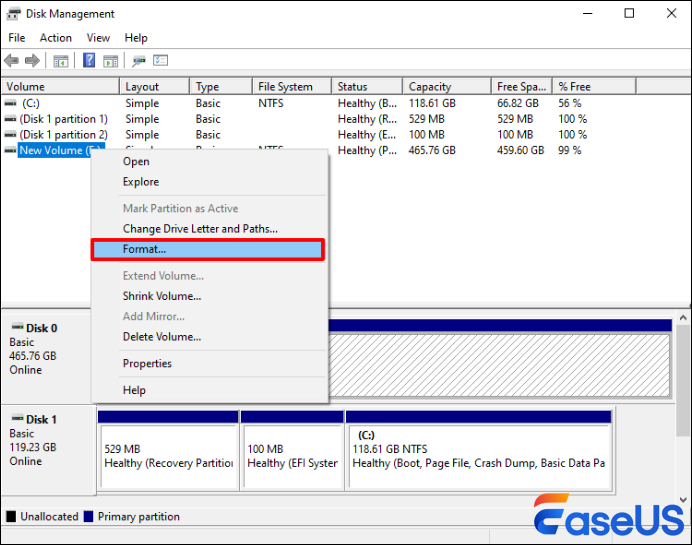
If you like the steps mentioned above, kindly share them with your mates on social media. Apply EaseUS Data Recovery Wizard if you want to recover formatted SSDs.
The Bottom Line
In conclusion, there are multiple potential causes for your Samsung T7 not functioning properly with a Windows 10 computer: outdated drivers, a damaged USB port or connection, a disparity concerning the drive letter, or an issue with the computer's file system.
Nevertheless, you can swiftly fix the problem by implementing the recommendations provided in this article. Remember to utilize the most reliable data recovery tools, EaseUS Data Recovery Wizard and EaseUS data recovery services, to quickly and simply retrieve any lost files from your Samsung T7 SSD.
Samsung SSD T7 Not Showing Up FAQs
Go through the FAQs below to comprehend the topic better:
1. Why is my Samsung SSD T7 not showing up in Windows 11?
The reason might be that the USB cable linking the T7 to your Windows 11 PC is erroneous. Therefore, you may replace it with a familiar working cable to dismiss any cable-based problems.
2. How to fix the Samsung T7 SSD not showing up on Mac?
You may try linking it to another USB port. If the Samsung T7 is safely linked to a USB port but can't be detected by your Mac, you need to contact the Service Center listed in your user manual or visit the Samsung.com minisite.
3. Why does my phone not recognize the Samsung Portable SSD T7?
Due to a damaged file system, your device may not recognize the Samsung Portable SSD T7. A damaged one on the Samsung T7 can obstruct its detection.
Was this page helpful?
-
Finley is interested in reading and writing articles about technical knowledge. Her articles mainly focus on file repair and data recovery.…
-
Dany is an editor of EaseUS who lives and works in Chengdu, China. She focuses on writing articles about data recovery on Mac devices and PCs. She is devoted to improving her writing skills and enriching her professional knowledge. Dany also enjoys reading detective novels in her spare time. …

20+
Years of experience

160+
Countries and regions

72 Million+
Downloads

4.9 +
Trustpilot Score


Free Data
Recovery Software
Recover data up to 2GB for free!

